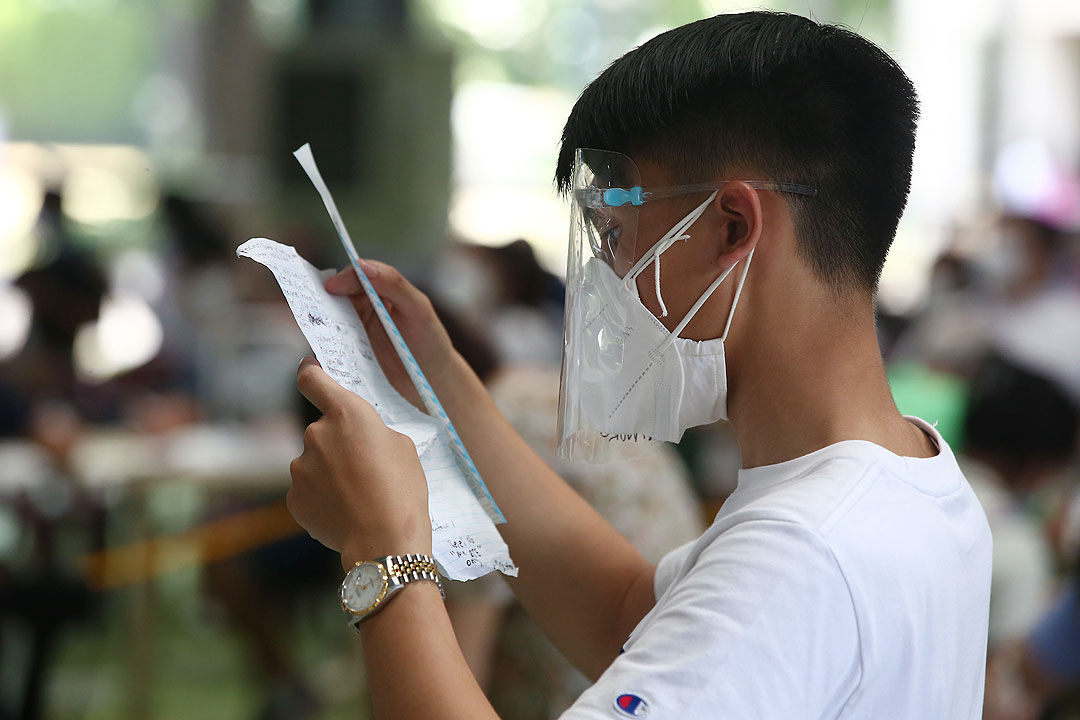As the 18th Congress closes in a few weeks, it is unlikely that the Senate can still pass the proposed Freelancers Protection Act. Senate Bill 1810 has been pending second reading at the Senate since September 2020. And, despite pronouncements in August 2021 that it would be fast-tracked for approval, the bill has not been passed into law.
The proposed law would have been a big help to those freelancing or doing work for themselves, as opposed to being employed or being an entrepreneur running a small business. Freelancers include “professionals” paid for their skills, time, and output on a project basis, and whose work products can be considered intellectual property or IP.
The World Intellectual Property Organization defines IP as “creations of the mind, such as inventions; literary and artistic works; designs; and symbols, names, and images used in commerce.” Ideally, IP should be protected legally through registration of patents, copyrights, or trademarks. Locally, however, this is not usually the case.
It is in this line that freelancer protection becomes doubly important. Freelancers should at least get paid, and sufficiently at that, for the work they do or what they produce. This way, while “rights” to and over the work product gets “transferred” to those who paid for it, the “creator” is first assured of proper compensation.
The problem really is the local market’s poor appreciation of the skills, time, and effort put into producing a body of work, or a “creation,” so to speak. Just because a writer can string together 1,500 words in about an hour or two doesn’t necessarily mean he should get paid for just two-hours’ work. After all, it took years or mastering a skill, not to mention education and training, for that writer to gain the ability to quickly put together a 1,500-word output.
The same with photographers, whether or not he owns a studio, or he makes use of an expensive camera or just a mobile phone in taking pictures for a client. His photographs, digital or printed, cannot be valued in terms of just the time put in. It takes skill, mastery, and experience for him to compose a well-thought out photograph.
Writers, photographers, and artists, among others, are the freelancers that Senate Bill 1810 intended to protect. Include here coders or computer programmers and other IT professionals who do project work, and others in the so-called “gig” economy — or those who work on “gigs” or short-term contracts or short-term individual professional engagements. These may also apply to consultants, or “professionals” consulted for their expertise in certain subject matters.
Freelancers are self-employed, although the latter term is more commonly used to refer to small business owners, or professional partnerships like for lawyers and accountants. Freelancers are usually individuals doing work on their own, much like individual contractors. As such, they do not normally enjoy legal protection accorded to employees, contractual works, and business owners.
Freelancers are supposed to pay income taxes as well, and issue official receipts. They are, after all, “professionals” — not because they practice a licensed profession, but due to the high level of skill, education, or training they have for the kind or work or service that they do. These include “artisans,” or skilled craft workers who make or create material objects partly or entirely by hand.
Senate Bill 1810 defines a freelance worker or freelancer as “one who offers or renders a task, work or service through his or her freely chosen means or methods, free from any forms of economic dependence, control or supervision by the client, regardless of whether he or she is paid by results, piece, task, hour, day, job or by the nature of the services required.”
It also defines freelance work as “work that is infrequent, unpredictable and
short term, and rendered in-person, online, or through any online web platforms, such as crowd-work, work on-demand or any digital lifestyle applications.”
The bill lists the “rights” or freelancers to include the following:
• Right to a written contract or agreement
• Right to just compensation and equal remuneration for work of equal value without manipulation or distinction of any kind
• Right to safe and healthy working conditions
• Right to self-organization and to collectively negotiate with the client and other entities for the promotion of their welfare and in the advancement of their rights
• Right to social protection and social welfare benefits
• Right to speedy redress of grievances, including alternative dispute resolution processes
As for freelancers getting paid, the bill also proposes that “except as otherwise provided under the contract entered into by the parties, the agreed compensation shall be paid in full not later than 30 days after the completion of the task, work or service subject of the freelance work engagement.”
Moreover, freelancers are to be recognized as also suited for government work, with the Civil Service Commission to be mandated to “issue the appropriate rules and regulations applicable to freelancers in the public sector to ensure compliance with the rights and privileges granted to freelancers under this Act, subject to applicable laws, rules and regulations governing workers in the public sector.”
Freelancers can play a major role in today’s economy. With all the advantages offered by advances in technology, and considering the need to ensure public health particularly during a pandemic, freelancers can play a significant part in keeping economies thriving even during crisis times. Freelancing is also a good opportunity to provide work for highly skilled individuals who are unemployed.
Senate Bill 1810 would have gone a long way in promoting and protecting the rights of such professionals. However, senators appear to have run out of time. It doesn’t seem like the bill is calendared for plenary consideration in the remaining days of the 18th Congress. One can only hope a similar, if not better, bill will be re-filed and passed in the next Congress.
Marvin Tort is a former managing editor of BusinessWorld, and a former chairman of the Philippine Press Council
matort@yahoo.com













